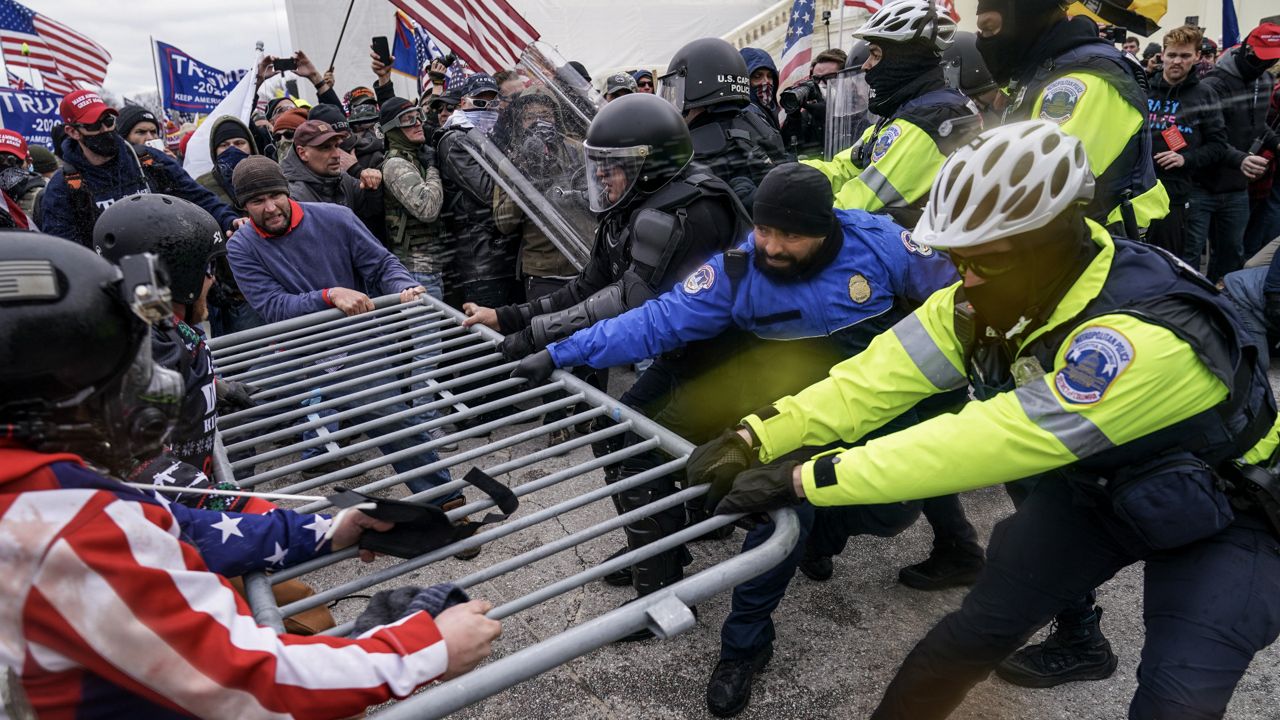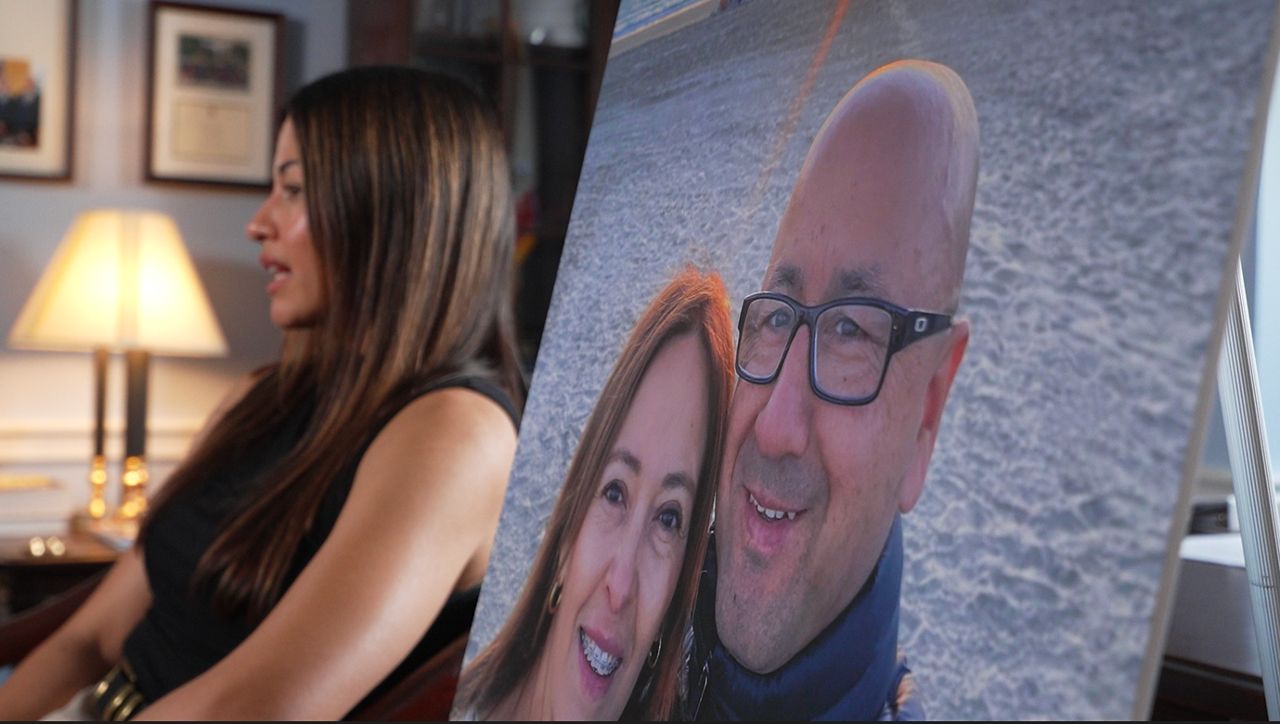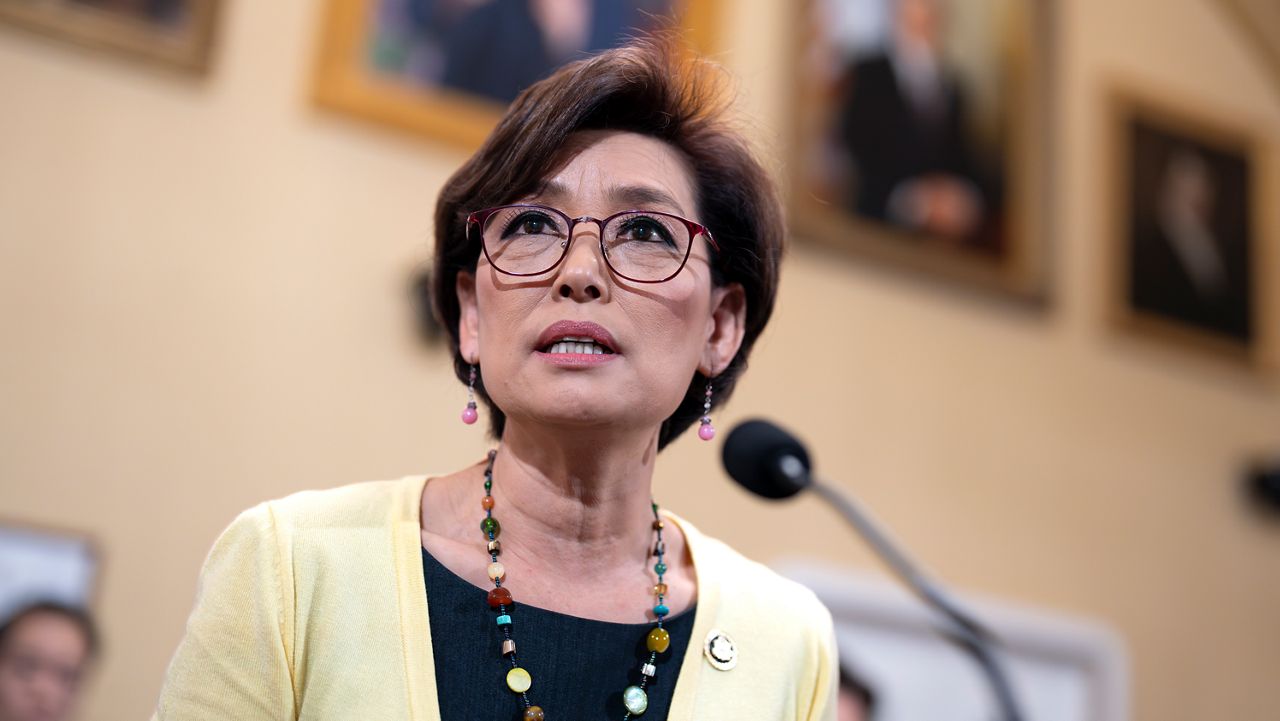A Capitol Police officer who fatally shot a woman during the Jan. 6 riot at the U.S. Capitol has been formally exonerated after an internal investigation, the department announced on Monday.
"After interviewing multiple witnesses and reviewing all the available evidence, including video and radio calls, the United States Capitol Police has completed the internal investigation into the fatal shooting of Ms. Ashli Babbitt, which occurred in the Speaker’s Lobby on January 6," the department wrote in a statement.
The officer, who has not been identified due to safety concerns, will not face discipline. The department said that the officer and their family "have been the subject of numerous credible and specific threats for actions that were taken as part of the job of all our officers: defending the Congress, Members, staff and the democratic process."
The officer’s attorney said his client is facing “many credible death threats” and other “horrific threats” and was forced from their home because of them.
In April, federal prosecutors said that they would not bring charges against the officer.
Babbitt, a 35-year-old Air Force veteran from San Diego, was shot by the officer when she tried to climb through a door with the glass smashed out as she and others in the mob pressed to get into the Speaker’s Lobby outside the House chamber. She was unarmed.
Prosecutors said Babbitt was part of the mob that was trying to get into the House as Capitol Police officers were evacuating members of Congress from the chamber. The officers used furniture to try to barricade the glass doors separating the hallway from the Speaker’s Lobby to try to stave off the rioters, who kept trying to break through those doors, smashing the glass with flagpoles, helmets and other objects.
At the same time, Babbitt tried climbing through one of the doors where the glass was broken out. The officer, inside the Speaker’s Lobby, then fired a single round from his service weapon, striking Babbitt in the shoulder, prosecutors said.
Capitol Police said its office of professional responsibility – which handles such investigations – determined “the officer’s conduct was lawful and within Department policy.” The officer will face no internal disciplinary action.
The policy says an officer should only use deadly force when they reasonably believe their actions will be in defense of human life – either their own or another person who could be “in immediate danger of serious physical injury,” officials said.
The Associated Press contributed to this report.








